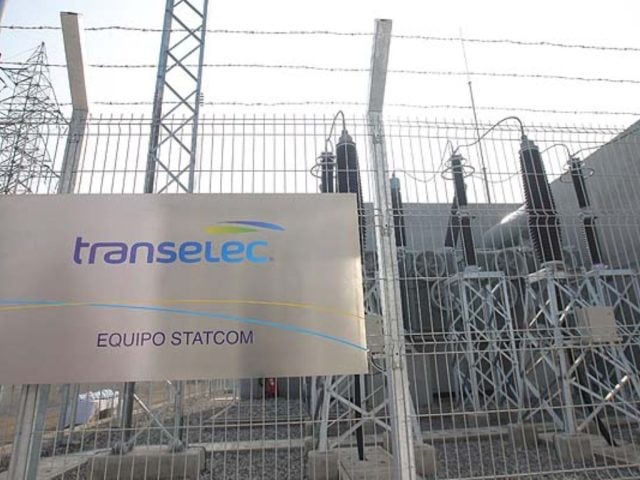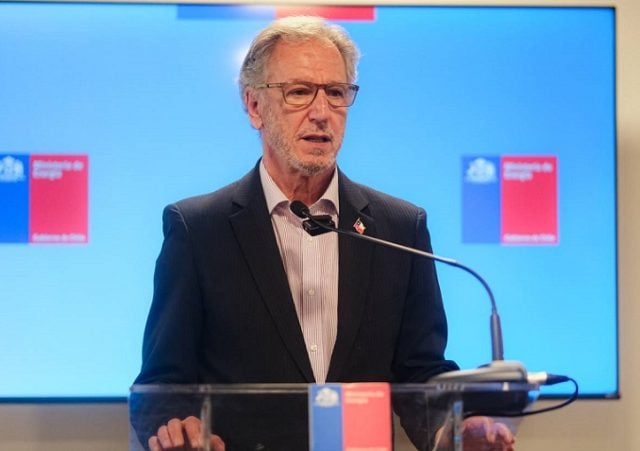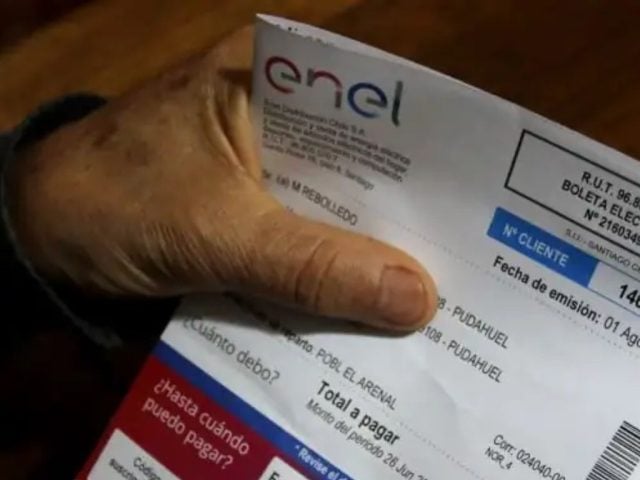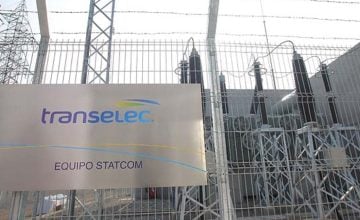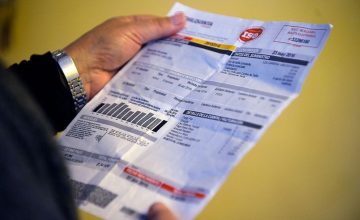Original article: Cuentas de luz infladas II: tras la falla de la CNE, Transelec confiesa sobrecobros por US$100 millones
In a troubling new development in the ongoing overcharging crisis within the electricity sector, Transelec, the primary operator of Chile’s national transmission system, has acknowledged discrepancies in its records that resulted in excess charges exceeding $100 million to consumers, as reported by the government.
This admission comes amidst rising concerns following the National Energy Commission’s (CNE) calculation errors, which also led to inflated bills, further underscoring the gravity of the issue and drawing sharp criticism regarding the transparency and tariff control mechanisms in Chile.
Álvaro García, the Minister of Economy and Energy, detailed the situation, explaining that Transelec’s overcharge stemmed from a «misvaluation of its own capital,” a critical factor that directly influences electricity tariff settings. He indicated that the company had alerted authorities about the problem.
«The company itself recognized this situation and brought it to our attention, and we have agreed that the way to reimburse these funds will be by reducing the tariffs that consumers will receive in January,» García stated.
Transelec Acknowledges Overcharges of $100 Million
As Chile’s largest electricity transmission company, Transelec connects generation centers with distributors to deliver electricity to households across the nation.
The company is owned by a consortium that includes Canadian investment funds such as the Canadian Pension Plan Investment Board (CPP), British Columbia Investment Management Corp. (bcIMC), and Public Sector Pension Investment Board (PSP), along with China’s Southern Power Grid International (CSGI), and operates over 10,000 kilometers of power lines nationwide.
In an official statement, Transelec addressed Minister García’s announcement, clarifying that this issue is separate from the «methodological billing issues» observed recently — referring to the CNE’s error — and revealing the duration over which this current problem has developed.
«Regarding the announcement made by the new Minister of Energy about tariff calculations — which does not relate to the methodological billing issues known in recent days — we can inform that Transelec, as part of an internal review and continuous improvement process of its transmission installation records, after thorough technical analysis, identified inconsistencies (both positive and negative) in certain facility information over a year ago,» the statement said.
It noted that upon discovering this methodological error, the company «promptly and voluntarily communicated this situation to the Ministry of Energy, the CNE, and the National Electric Coordinator, requesting measures be adopted to correct the tariff level and restore the corresponding amounts to end customers» by late 2024.
The company attributed the error to the complexity of the tariff process established by the 2016 Transmission Law, which requires detailed inventories of facilities, serving as the basis for determining the final transmission charge in subsequent tariff cycles.
Refund Mechanism
In its statement, the transmission company emphasized that it has «maintained active and ongoing collaboration with authorities, providing all required information and technical background, and promoting that corrections be implemented swiftly, accurately, and fairly, in strict adherence to current regulations while awaiting the authorities’ decision».
Furthermore, it reiterated its «commitment to fully refund the differences to end customers,» in coordination with authorities, a process that will reportedly involve reducing electricity bills starting from January 2026.
Minister García contextualized this new overcharge as an addition to previously detected errors within the CNE, where the «double application of inflation effects in calculating the Average Naked Price (PNP) caused excess charges».
According to the authorities, the amount committed by Transelec, comparable to that of the generators due to the CNE error, will allow users to see an average decrease of 2% in their electricity bills nationwide, with regional variations ranging from -0.2% in Antofagasta and Puerto Montt to -8.1% in La Serena.
The acknowledgment from Transelec, coupled with the CNE’s prior error, has greatly strained the energy sector, revealing systemic faults in both oversight bodies and the self-reporting processes of the companies. The crisis has escalated beyond a mere error from a state agency, now extending to the accounting practices and asset valuations of one of the country’s major transmission firms.
